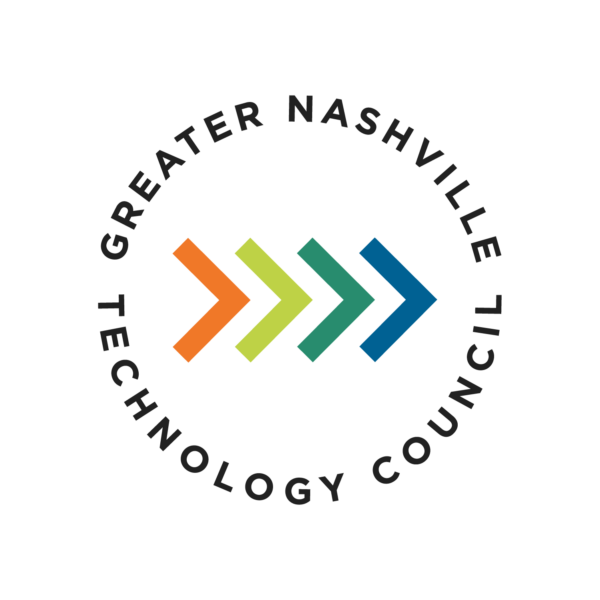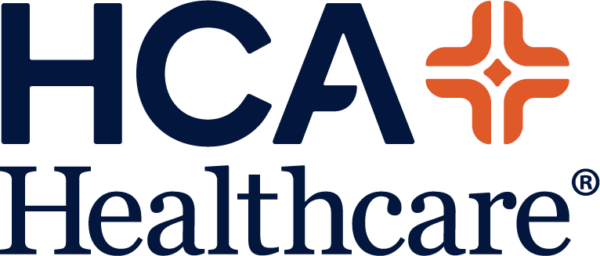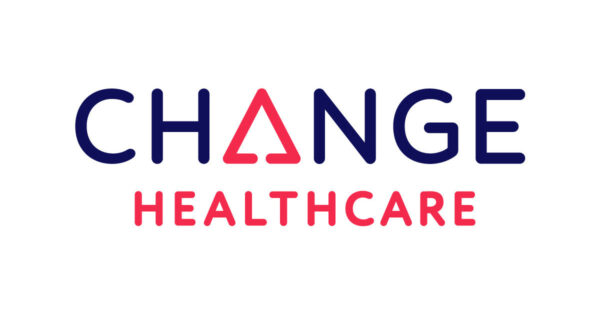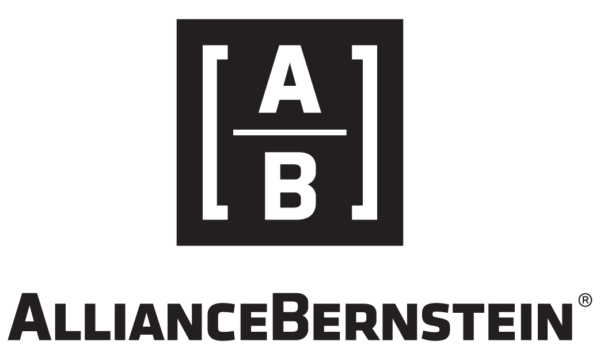The field of eLearning deals with digital education of a workforce. Unlike edtech—which is largely used for schools—eLearning specializes in complex technical information for vocations.
As industries vary, so too do their respective eLearning needs and standards. Franklin’s Rustici Software (Rustici) assists application creators and those in both public and private sectors address these needs and standards. Rustici has helped hundreds of clients since 2002.
Rustici is an important broker between corporate online courses and the eLearning standards that drive industries. The company’s website shares, “we help companies implement standards like SCORM, the Experience API (xAPI), cmi5, LTI and AICC. As the world’s leading eLearning standards experts, we provide the tools and knowledge to help companies create, distribute, manage and play eLearning-compliant content.”
Rustici provides four core products that support various facets of eLearning standards. The Rustici Driver enables digital content to be published as a package compliant with eLearning standards. Rustici Engine is an integrated content player that handles playing and tracking eLearning content and digital training activities. SCORM Cloud is the SaaS offering from Rustici that is the go-to source for anyone that needs to test eLearning content to make sure it works as expected before it makes it into production. And last, Content Controller which helps improve content distribution and management, and provides access to content license controls and reporting and analytics.
These products are almost like pieces of plumbing in a digital training pipeline. Between those products, the company serves 12,000 clients. These clients purchase the Rustici software that integrates with their own enterprise products, running in the background.
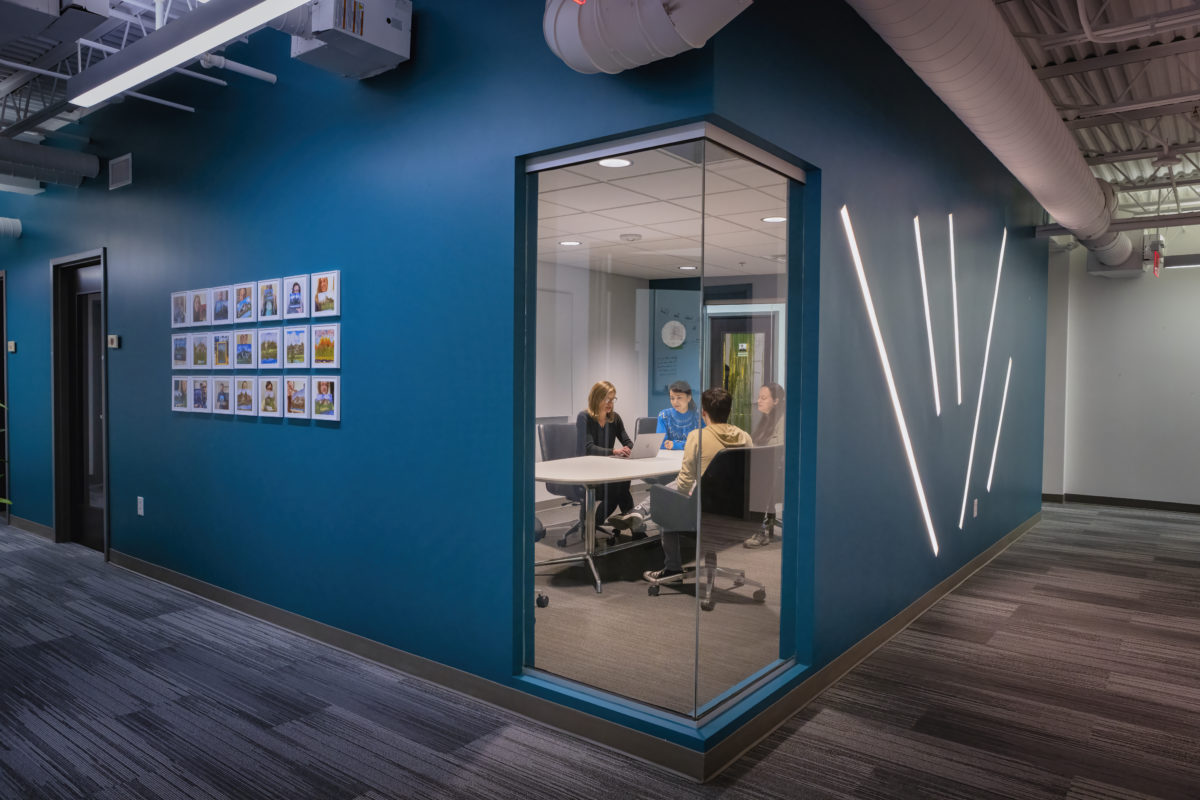
Helping Industries Educate Their Personnel
Managing Director Tammy Rutherford has been with Rustici since 2011. However, she has worked in Nashville’s tech scene since 1998, having made it through the first Dotcom Bubble.
“I discovered quickly that I really like working with earlier stage companies that are growing quickly,” Tammy recalls. “But when they get really big, and processes and bureaucracy creep in, it’s not as much fun.”
With over a decade of work experience in tech, Tammy approached the possibility of employment with Rustici with the wisdom to be judicious about what she wanted from her next employer. Then, she got to meet Mike Rustici and Tim Martin, the company’s co-founders. Here, Tammy saw a company that wasn’t just growing, but maturing. Mike and Tim outlined plans for Rustici expansion that didn’t come at the cost of one’s happiness or sanity. Further, Tammy saw that the team was populated with people whose passions were well-balanced.
“These guys were fun! And they were willing to teach me software and the intricacies of middleware solutions,” Tammy says.
When Tammy accepted Mike and Tim’s job offer, she became one of the first Rustici employees on the business side of the company. This meant that she could return the favor, helping Rustici figure out some of its business practices. Tammy became aggressively client-focused, and proactively began reaching out to clients.
Updating eLearning Standards
According to Tammy, “Rustici builds software that sits under the hood of learning technology products to make them work well together. For the most part, our customers are other software companies.” She defines Rustici’s software as a type of “middleware” used for online training and education—something that is needed across a whole spectrum of industries. For example, the Department of Defense relies on eLearning to train soldiers, while companies use it to upskill or reskill employees.
The de facto eLearning standard is SCORM (Sharable Content Object Reference Model). It was introduced by the Department of Defense in 2000 to support compatibility of eLearning tools. SCORM provides the communication method and data models that make eLearning content and LMSs work together. Since it’s made for compatibility, SCORM informs programmers how to write code so that it works well with other eLearning software.
“It doesn’t play well in modern browsers or technologies,” Tammy says. “It’s still the most prevalent standard used today. But for web-based training, if you use something that was defined in 2000, it’s going to break. It’s not going to scale well.”
Of course, the limited shelf life of technology like this has been known for years. So, as far back as 2010, Rustici was tapped by the ADL Initiative (ADL) to create a new, more modern standard. Known as “Project Tin Can,” this became “xAPI,” or “the Experience API.” Tammy says it was something eLearning sorely needed.
Explaining xAPI, Tammy says “ It’s super-flexible, and allows two systems to talk to each other about what’s happening in this learning or training activity.”
xAPI is an emerging standard that is gaining adoption. And it’s led to exciting developments within the company. Creating xAPI was a huge deal for Rustici. In June 2016, Rustici won another award from the Advanced Distributed Learning Initiative (ADL) related to xAPI policy and in 2020 received another award to create developer resources and open source software to further support xAPI adoption.
A Watershed Moment for Rustici
Through recognized work and responsible growth strategies, the company became an asset worth acquiring. As a result, UK learning technology company LTG purchased Rustici in 2016. Tim Martin went on to become Chief Innovation and Product Officer for LTG. Mike Rustici founded Watershed, a learning analytics platform that operates as a sister company to Rustici. Originally part of Rustici Software, Watershed was formed to leverage xAPI and “capture and correlate the impact of learning or training in an organization.”
“It’s been a bit of an evolution, going from a privately held, small independent to now being part of a larger organization,” Tammy says. “That ebb and flow has been a pretty big change on paper but doesn’t change how we approach our work day-to-day. Even though we have a parent company in London now, I think that we’ve retained our culture. We still operate the same way as we did. We just might have to adjust for time zones more often to meet with our friends across the pond.”
In Rustici, Tammy has found a company whose growth wasn’t a problem for her. The company moves as nimbly as it did before being acquired. Now, it has the added benefit of the resources that a larger company offers but without getting bogged down.
Rustici has “a totally different approach to work,” with the employee’s personal life coming first. Many employers give lip service to “work-life balance.” However, what Tammy sees in Rustici is that the company encourages its employees to pursue ongoing personal discovery.
“The company gives people space to do things outside of work because that makes them a lot more interesting and happy,” she explains. “So you bring stories back in. It’s just a lot more energizing to be around people who are doing interesting things outside of the building. It’s everything from coaching your kid’s soccer team to competing in video game tournaments ”
This is something that has attracted a lot of employees to work for Rustici, and both 2017 and 2020 were big years for hiring. Tammy explains, “Why we stay is because of the way that we learned how leaders can treat people…Your opinion and well-being matter here. I think people are happy in the work that they do here, and they feel like they can say something when they’re not.”
The Growing Business of eLearning
Currently, Rustici has 42 employees, but the company is planning to add positions in 2022. While Tammy can’t reveal specific financial information, she shares that the company has a strong profitability record.
“Along with software development, we would love to see people come in with experience in the DevSecOps world,” Tammy says. “As well as experience in containerization and specifically AWS environments.”
Rustici is seeing an increased demand for SaaS and hosted services. Along with deployment shifts, Rustici is also working on product development as the demand for eLearning increases. These shifts impact the type of employees the company is looking to hire.
“We’re looking for folks who are adaptable,” Tammy says. “Technologies evolve and move around. We’re looking for team members who can deal with those changes and are willing to learn”
For further information about Rustici Software, be sure to visit its website and social media.


